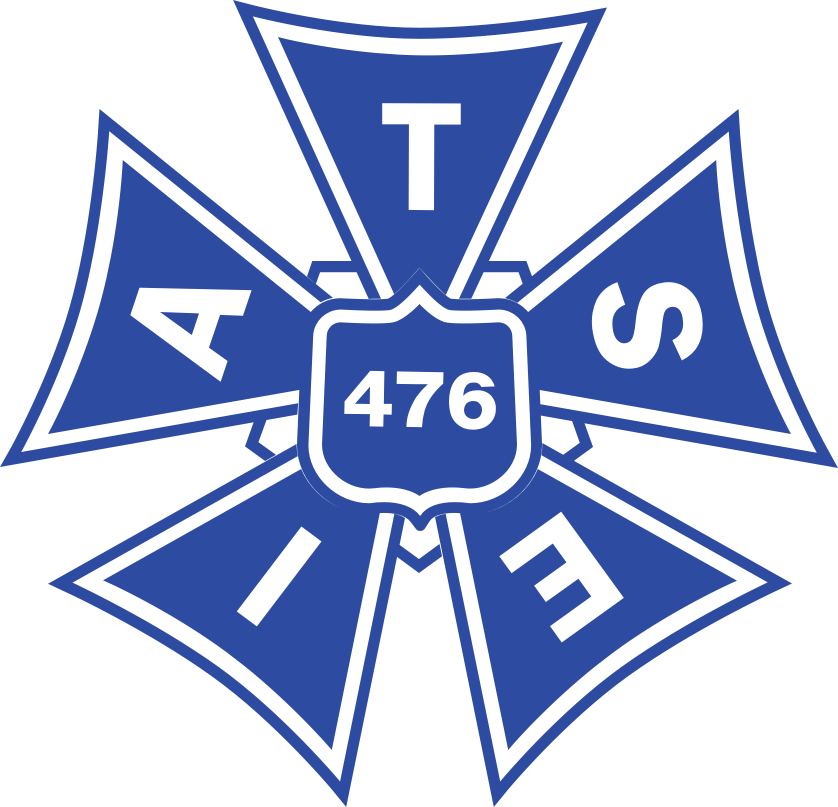DAY PLAYER CHECKLIST
Whether brand new or a seasoned veteran, a career in film work will most likely mean that at some point you WILL be a “day player”. You are considered a “day player” when you have been hired for a single day or multiple days, but are not classified as a full-time (core) member of the crew. Here are some things to consider when “day playing” for those who are new to the industry.
As a “day player” you have been hired because the scope of work has increased beyond the capability of the core crew and the department that hired you needs your additional help! SO BE ON TIME!!! In film work, generally speaking, most of the URGENCY occurs FIRST THING in the morning. Arriving 10-15 minutes before your scheduled call time is a good habit to get into. DO NOT BE LATE!!! Everyone understands situations can occur that are out your control that can prevent you from being on-time or able to show up at all. Always make sure that you obtain the contact information for the person/department that you are reporting to. That way, you can properly inform them of any such situation and a replacement can be found.


